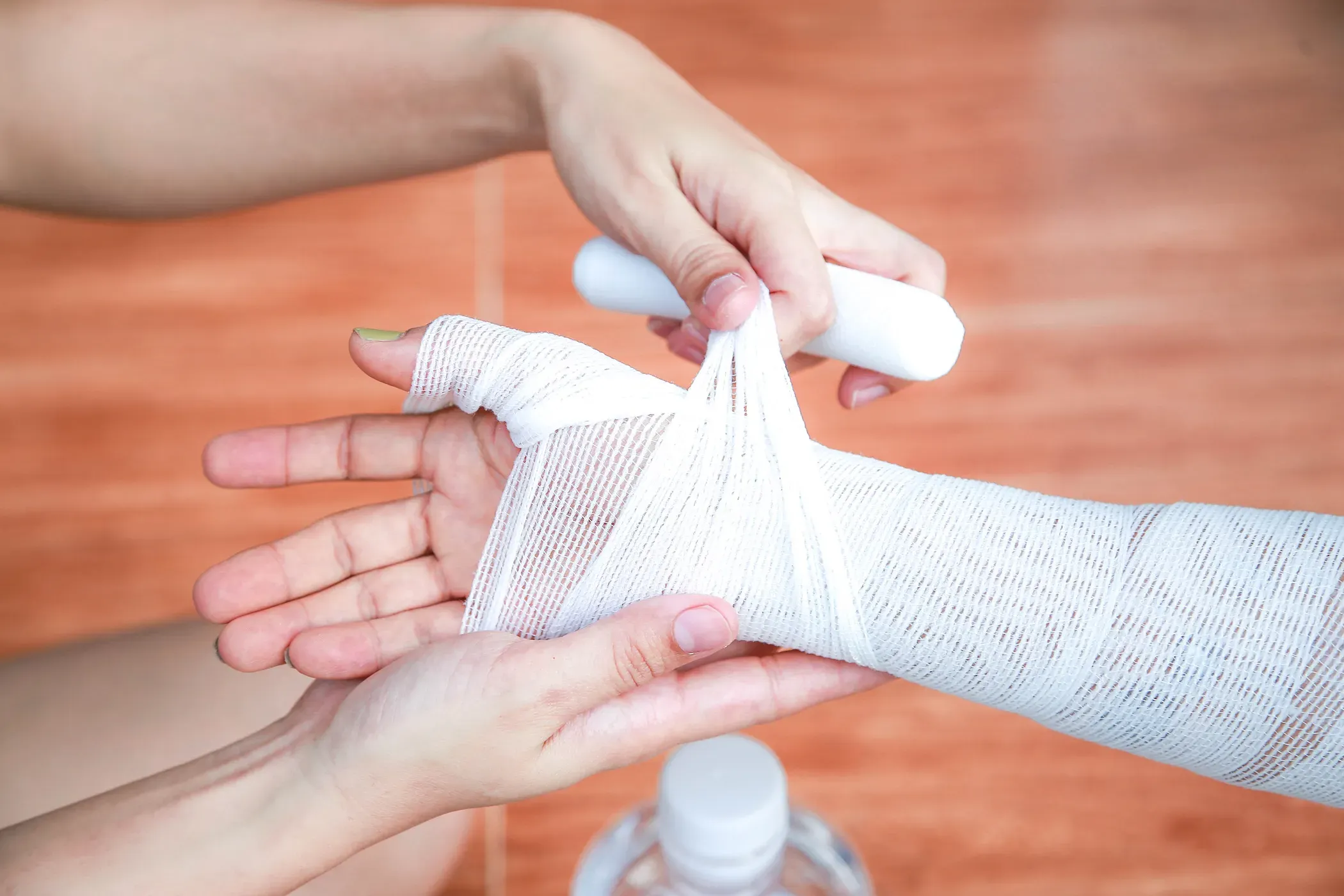When a wound doesn’t heal as expected, it can become more than just an inconvenience — it can become a serious risk, especially for seniors or individuals with chronic health conditions. Whether caused by a surgical procedure, a fall, or a skin condition, slow-healing wounds require more than just patience. They need attentive, consistent care. Unfortunately, not everyone can make repeated visits to a clinic or hospital. That’s where in-home wound care services become an essential part of a safe and effective recovery plan.
In this article, we’ll explore why some wounds don’t heal properly, the risks of delaying treatment, and how in-home wound care in Arlington offers a smart and safe option for many families.
Why Some Wounds Don’t Heal Properly
Wounds can stall in the healing process for a variety of reasons. Aging itself slows down tissue regeneration, while chronic conditions like diabetes, poor circulation, and weakened immune systems can prevent wounds from closing naturally. Even medications like steroids or chemotherapy can delay healing by interfering with cell repair or increasing the risk of infection.
Some common types of wounds that often require specialized care include:
- Pressure ulcers (bedsores)
- Diabetic ulcers
- Post-surgical incisions
- Skin tears in elderly individuals
- Infected cuts or abrasions
If a wound hasn’t shown improvement in a week or two, or if it’s getting worse — showing increased redness, discharge, swelling, or causing fever — it’s time to take it seriously.
Risks of Ignoring a Slow-Healing Wound
One of the most dangerous misconceptions is thinking a wound will eventually “heal on its own.” The longer a wound remains open, the more susceptible it becomes to infection. Bacteria can easily enter the bloodstream through these open areas, potentially leading to serious complications like cellulitis, abscess formation, and even sepsis.
In addition to physical risks, untreated wounds can take a toll on mental health. Seniors may feel discomfort, anxiety, or depression due to their condition. They may avoid physical movement to reduce pain, which can further impact mobility and independence.
Timely care is not just a good idea — it’s essential to prevent long-term health problems.
What Is In-Home Wound Care and Who Needs It?
In-home wound care services bring trained Registered Nurses (RNs) directly to the client’s home to monitor and manage wounds according to the physician’s prescribed treatment plan. These services are especially helpful for seniors, people with mobility issues, or anyone recovering from surgery.
Key components of in-home wound care include:
- Making a wound management plan after assessing the wound properly
- Regular cleaning and dressing of the wound
- Monitoring for signs of infection or delayed healing
- Taking steps to prevent wound infections
- Helping clients deal with pain
- Documentation of progress and communication
- Educating caregivers or family members
If a wound has not improved or has worsened, in-home wound care services can make all the difference in recovery and comfort.
Watch Out for These Signs
It’s important to know the signs that indicate that the wound is not healing properly. Here are a few red flags:
- The wound hasn’t significantly improved in 10–14 days
- There is pus, odor, or increased redness and heat around the wound
- The patient has a fever or shows signs of systemic infection
- There’s noticeable pain or swelling that wasn’t there before
Ignoring these signs can lead to more complex and costly health issues later. Opting for in-home wound care in Arlington early can prevent serious setbacks and support faster recovery.
The Role of RNs in Wound Care at Home
Skilled, experienced, and trained Registered Nurses (RNs) play a central role in delivering effective home-based wound care. These professionals are trained in wound assessment, dressing techniques, and infection prevention.
They ensure that any complications are caught early, and treatment can be adjusted as needed.
Skilled nursing care also brings peace of mind to families who may be feeling overwhelmed by the situation. It’s not just about changing bandages — it’s about monitoring healing, offering support, and helping patients regain their independence safely.
Nurse Next Door McLean: Trusted In-Home Wound Care in Arlington
When it comes to reliable In-Home wound care in Arlington, Nurse Next Door McLean is a name many families trust. Their experienced team of registered nurses (RNs) provides personalized wound care right at home, which is aligned with the doctor’s orders.
Whether your loved one is recovering from surgery or dealing with a chronic wound, Nurse Next Door McLean ensures wound healing is on track.
The wound care plan is designed to support not just physical healing, but overall well-being and peace of mind.
Conclusion
Wounds that don’t heal properly are more than just a nuisance — they can become serious health concerns if left untreated. Seniors and people with limited mobility or underlying conditions are especially vulnerable, which is why recognizing the early signs of trouble is so important. With the right care at the right time, complications can be avoided, and recovery can be more comfortable.
In-home wound care services offer a practical solution by delivering professional support where it’s needed most — in the home. For residents of Arlington and surrounding areas, in-home wound care in Arlington through trusted providers like Nurse Next Door McLean ensures that loved ones receive the attention they need to heal safely and confidently.











